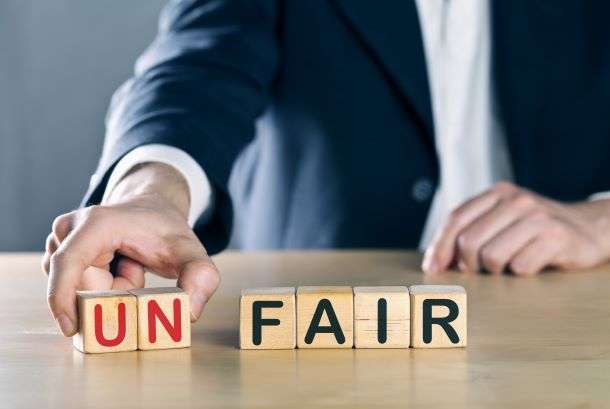Attention all Company Directors… has your company been the victim of an ‘unfair preference’? If yes or not sure, read on to find out how payments that your company made at a time when it was insolvent may be returned to you.
You’ve appointed a liquidator to your company…you have creditors harassing you…and you want to know whether any of those earlier payments you made to those creditors can somehow be returned to you and paid back into the company. Streeterlaw Solicitor Jamal Bakalian addresses your pressing questions.
The Corporations Act 2001 (Cth) (Corporations Act) contains certain protections for companies that have entered liquidation or had an administrator appointed. We will explore these protections below; they are commonly referred to as ‘wind up’ or ‘wind back’ protections and could be available to your company if the right circumstances existed at the time that certain transactions and payments were made.
What is an unfair preference?
If a payment was made by your company to a creditor at a time when your company was insolvent that transaction could be classified as an unfair preference under s588FA of the Corporations Act.
In order for the transaction to satisfy the definition of ‘unfair preference’ the following elements must be present:
- Both your company and its creditor must be parties to the transaction/s in question; and
- As a result of each of the transactions, the creditor of the company received more from the company than it would have if the transaction was set aside and the creditor was required to prove for the debt in a winding up of the company.
In the leading case of Re Employ No 96 Pty Ltd (in liq) [2013] 93 ASCR 48, it was determined that a transaction will be an unfair preference when the sole purpose for it is to discharge existing debt and does not constitute a running account (under s 588FA(3) of the Corporations Act).
When is a transaction definitely not an unfair preference?
A transaction is not an unfair preference when:
- It is not a pre-payment for goods or services (for example, to avoid a transaction being classified as an unfair preference the company should avoid paying for a product or service that they haven’t received yet).
- It is not a payment with the expectation of receiving future goods or services from the creditor (for example, to avoid a transaction being classified as an unfair preference, the company should not make payments for future goods or services that it hasn’t even ordered).
- The amount owed by the company to its creditor increases and decreases over time (this is called a running account).
Interestingly, cash on delivery (COD) accounts are not considered to be unfair preferences because a cash on delivery payment does not attract a creditor-debtor relationship (Re Lanpac International Pty Ltd (in liq) (SC(Vic)), Chernov J, No 6982/97, 30 July 1998, unreported). The fact that work is done to create goods before a delivery occurs is not a relevant consideration.
When will the money paid in an unfair preference transaction be returned to my company?
Once it is determined that the transaction is an unfair preference the next consideration is whether it is ‘voidable’ under s588FE(1) of the Corporations Act. Although s588FC says that an unfair preference constitutes an insolvent transaction for the purposes of satisfying the requirements of s588FE(1), not all unfair preferences are voidable. This is because an unfair preference has to have occurred during a specific timeframe. The relevant timeframe is either:
- 6 months before a liquidator was appointed or
- Within 2 years following the liquidator being appointed.
If the transaction does not satisfy these time limitations, then it will not be considered a voidable transaction.
However, if the transaction satisfies the voidable test, then you can apply to the Court for a pay-back order under s588FF(1)(a) of the Corporations Act. The Court will decide whether all of part of the sum of the transaction is returned to the Company.
Speak to a Solicitor before making your next move
If you feel that some of the above resonates with where you find your business today, please make contact with one of our trusted Solicitors at Streeterlaw on 8197 0105 and we will assess your unique circumstances and advise you of the best options available to you. We understand how important your business is to you and we are passionate about ensuring that even when your business is coming to an end, your company’s rights are protected.









